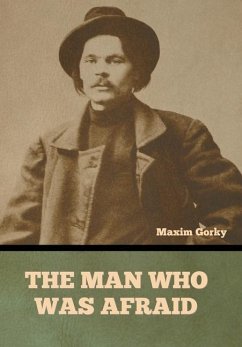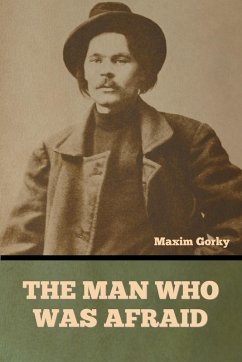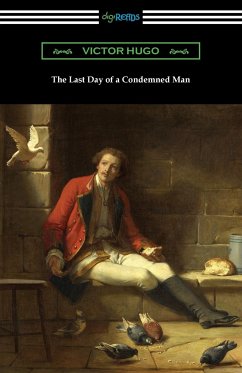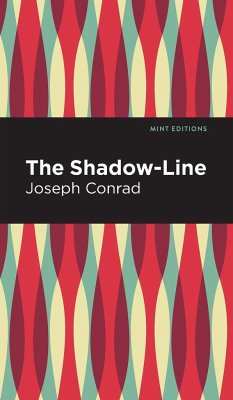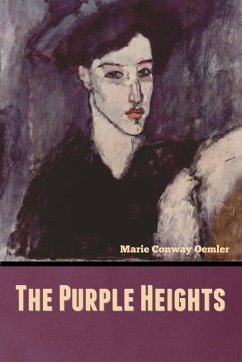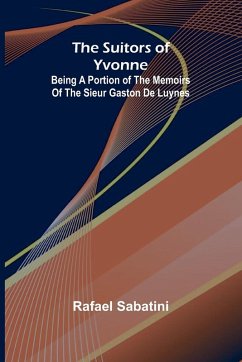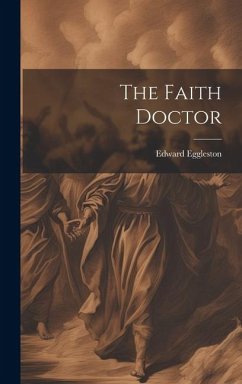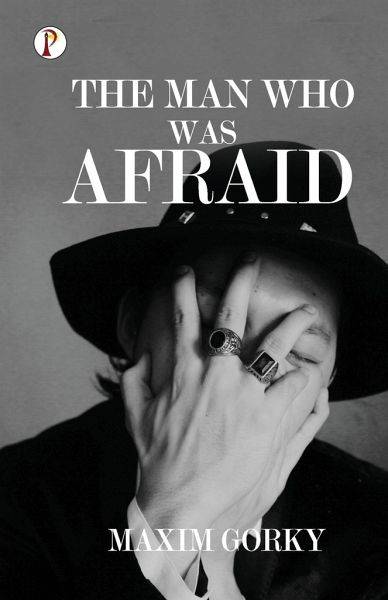
The Man Who was Afraid
Versandkostenfrei!
Versandfertig in 1-2 Wochen
23,99 €
inkl. MwSt.
Weitere Ausgaben:

PAYBACK Punkte
12 °P sammeln!
It is an 1899 novel by Maxim Gorky. His hero an atypical figure in the context of Russian merchant community. "It is supposed to present the broad and true picture of the contemporary life, while featuring the figure of an energetic, healthy man, craving for space to realize his power's potential. He feels restricted. Life smothers him. He realizes that there is no place for heroes in it, they apt to being defeated by small things, like Hercules, the conqueror of hydras, crashed by hordes of mosquitoes," he wrote in a February 1898 letter to the publisher S. Dorovatsky.




